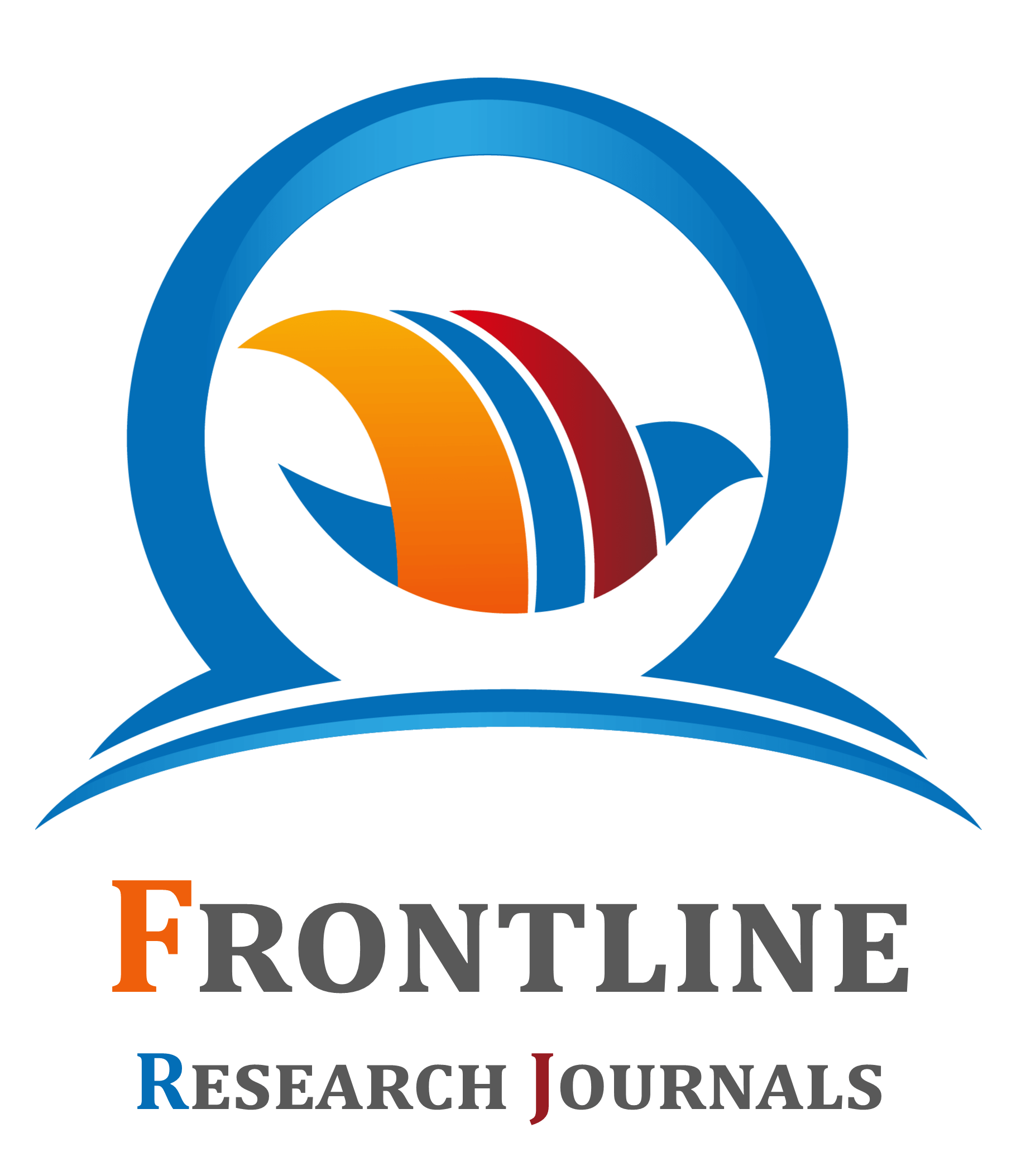A comparative model for financial advisory standardization in Nigeria and sub-Saharan Africa
1 Standards Organization of Nigeria.
2 Zenith General Insurance Company Limited, Nigeria.
3 The Velvet Expression, Lagos, Nigeria.
4 Independent Researcher, Lagos, Nigeria.
5 Zenith Bank Nigeria.
Review
International Journal of Frontline Research and Reviews, 2024, 02(02), 045–056.
Article DOI: 10.56355/ijfrr.2024.2.2.0024
Publication history:
Received on 09 August 2024; revised on 13 November 2023; accepted on 16 November 2023
Abstract:
The development of a theoretical model for harmonizing local and international product standards for Nigerian exports Financial inclusion remains a significant challenge in Nigeria and across Sub-Saharan Africa, with millions of individuals, particularly in rural areas, lacking access to formal financial systems. Financial advisory services play a critical role in addressing this challenge by helping individuals understand and effectively use financial products such as savings, credit, and investments. However, the lack of standardization in the delivery of these advisory services has hindered their effectiveness, resulting in inconsistent practices and limited reach, especially among the unbanked population. This review proposes a comparative model for the standardization of financial advisory services in Nigeria and other Sub-Saharan African countries. It seeks to examine the current landscape of financial advisory services, comparing Nigeria’s approach with successful models in countries such as Kenya, Ghana, and South Africa. The model emphasizes key components of standardization, including financial literacy programs, digital advisory platforms, and microfinance initiatives, which are critical to reaching underserved communities. By analyzing case studies, such as Kenya’s M-Pesa platform, which has significantly advanced financial inclusion through mobile money and advisory services, the review identifies best practices that can be adapted to Nigeria’s context. The comparative analysis highlights the importance of leveraging technology, particularly mobile platforms, to provide accessible and scalable financial advisory services. It also underscores the need for public-private partnerships, regulatory support, and tailored programs that address the unique socioeconomic and cultural characteristics of Nigeria and other Sub-Saharan countries. While digital infrastructure remains a challenge in rural areas, the success of mobile banking and advisory platforms in countries like Ghana demonstrates that technology can play a transformative role in financial inclusion. Challenges such as cultural resistance, economic disparities, and infrastructure gaps are discussed, emphasizing the need for a flexible yet standardized approach to advisory services. Additionally, the review outlines the critical role of regulatory frameworks in ensuring that financial advisory services are consistent, transparent, and accessible to all segments of the population. The review advocates for a standardized advisory model tailored to Nigeria’s specific needs, drawing lessons from successful models across Sub-Saharan Africa. Such standardization, supported by regulatory reforms and technology integration, has the potential to bridge the financial inclusion gap, empowering individuals and fostering economic growth. The review also calls for regional collaboration in Sub-Saharan Africa to promote knowledge-sharing and create unified strategies for advancing financial inclusion across the continent.
Keywords:
Comparative Model; Financial Advisory; Nigeria; Sub-Saharan Africa
Full text article in PDF:
Copyright information:
Copyright © 2024 Author(s) retain the copyright of this article. This article is published under the terms of the Creative Commons Attribution Liscense 4.0
